Home>Others>Eco-Friendly Products>How To Get Rid Of Fruit Flies From A Compost Bin
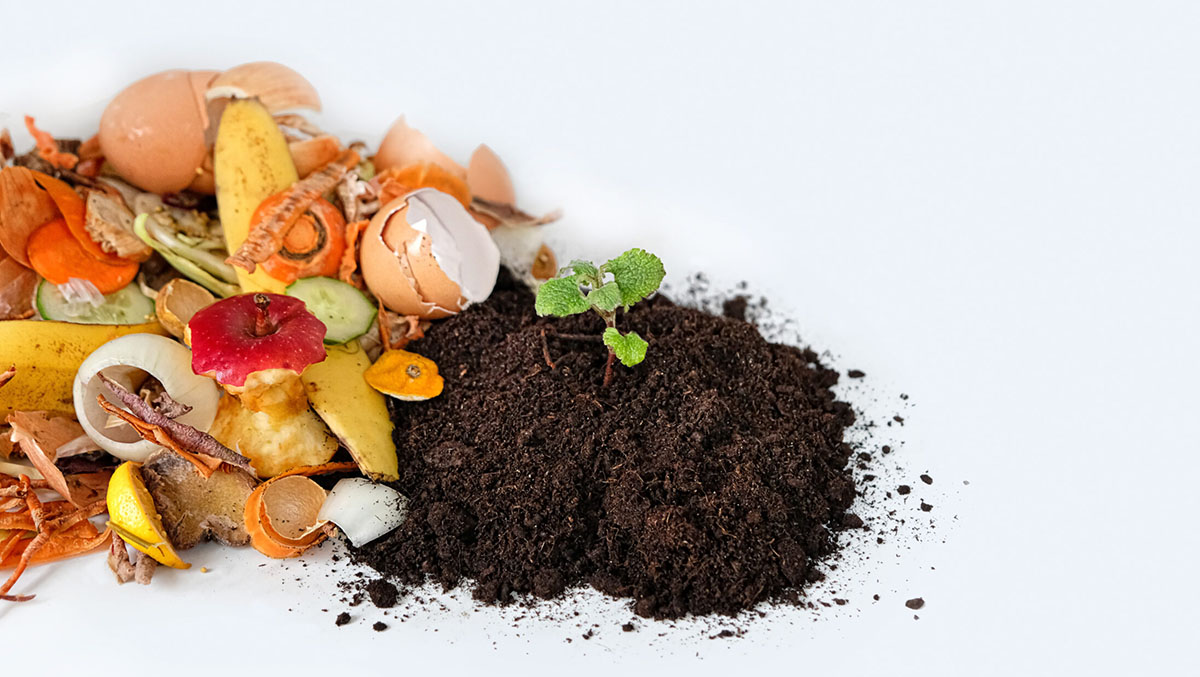

Eco-Friendly Products
How To Get Rid Of Fruit Flies From A Compost Bin
Modified: January 14, 2024
Learn how to effectively eliminate fruit flies from your compost bin using eco-friendly products. Keep your composting process clean and hassle-free.
(Many of the links in this article redirect to a specific reviewed product. Your purchase of these products through affiliate links helps to generate commission for Storables.com, at no extra cost. Learn more)
Introduction
Welcome to the world of eco-friendly composting! As you endeavor to reduce waste and nourish the earth through composting, you may encounter a common challenge: fruit flies. These tiny, persistent insects seem to appear out of nowhere, hovering around your compost bin and making their presence known. But fear not, for there are effective strategies to keep fruit flies at bay and maintain a harmonious composting environment.
In this comprehensive guide, we will delve into the world of fruit flies and explore practical methods to prevent their presence in your compost bin. From understanding the behavior of fruit flies to implementing preventive measures and addressing existing infestations, you will gain valuable insights to ensure that your composting journey remains smooth and fruitful.
So, let’s embark on this enlightening journey to discover how to effectively manage fruit flies in your compost bin, enabling you to continue your sustainable practices with confidence and success.
Key Takeaways:
- Keep fruit flies away from your compost bin by sealing organic waste, balancing materials, and using vinegar traps. Maintain a clean environment to deter infestations and enjoy hassle-free composting.
- If fruit flies invade your compost bin, use vinegar traps, remove attractive odors, and introduce beneficial organisms. Regular maintenance and proper moisture levels will keep your composting environment thriving.
Read more: How To Reduce Flies In A Compost Bin
Understanding Fruit Flies
Before delving into the methods for managing fruit flies in your compost bin, it’s essential to understand these tiny yet resilient insects. Fruit flies, scientifically known as Drosophila melanogaster, are common household pests that are attracted to decaying organic matter, particularly fruits and vegetables. Their rapid reproduction cycle and keen sense of smell make them adept at locating potential food sources, including the organic materials in your compost bin.
These diminutive pests are drawn to the odors emitted by decomposing organic matter, which serve as signals for them to lay their eggs. Once inside the compost bin, fruit flies can quickly multiply, leading to an infestation if not addressed promptly. Their presence can be particularly bothersome, as they tend to hover around the compost bin and may also venture into living spaces, causing annoyance and frustration.
Understanding the life cycle of fruit flies is crucial for effective management. Fruit flies undergo a complete metamorphosis, progressing through egg, larval, pupal, and adult stages. In optimal conditions, their life cycle from egg to adult can be as short as seven to ten days, allowing for rapid population growth.
Additionally, fruit flies are adept at finding entry points to access organic material, and they can reproduce in small, hidden areas within the compost bin. Their ability to breed prolifically and their attraction to decaying organic matter make them a persistent challenge for composting enthusiasts.
By gaining insight into the behavior and characteristics of fruit flies, you can develop targeted strategies to prevent their infestation and maintain a hygienic composting environment. In the following sections, we will explore proactive measures to deter fruit flies from inhabiting your compost bin and effective methods for eliminating existing infestations.
Preventing Fruit Flies in Compost Bin
As you strive to create a thriving composting environment, implementing preventive measures to deter fruit flies is essential. By proactively addressing potential entry points and minimizing attractive odors, you can significantly reduce the likelihood of fruit fly infestations in your compost bin.
1. Properly Seal Organic Waste: Ensuring that organic waste is securely sealed within the compost bin can help prevent fruit flies from accessing potential breeding grounds. Use a tightly fitting lid to cover the compost bin, minimizing the escape of odors that attract fruit flies.
2. Balance Green and Brown Materials: Maintaining a balanced ratio of green (nitrogen-rich) and brown (carbon-rich) materials in your compost bin can help regulate the decomposition process and minimize odors that attract fruit flies. This balance also promotes efficient composting while reducing the likelihood of fruit fly infestations.
3. Regularly Turn the Compost: Aerating the compost by turning it regularly helps to accelerate the decomposition process and reduce the likelihood of odors that attract fruit flies. This practice also promotes the circulation of oxygen, creating an environment less conducive to fruit fly breeding.
4. Use a Compost Bin with Ventilation: Opt for a compost bin that provides adequate ventilation while still maintaining security against pests. Proper ventilation can help regulate moisture levels and minimize the accumulation of odors that attract fruit flies.
5. Cover Fresh Organic Waste: When adding fresh organic waste to the compost bin, cover it with a layer of existing compost or brown materials. This helps to contain odors and reduce the attractiveness of the newly added organic matter to fruit flies.
6. Clean the Compost Bin Surroundings: Regularly clean the area surrounding the compost bin to remove any spilled organic matter or residue that could attract fruit flies. Maintaining cleanliness in the vicinity of the compost bin can help deter fruit fly infestations.
By implementing these preventive measures, you can create an environment that is less conducive to fruit fly infestations, allowing you to focus on the enriching process of composting without the nuisance of persistent pests.
To get rid of fruit flies from a compost bin, cover the bin with a tight-fitting lid to prevent the flies from getting in and lay a layer of dry leaves or newspaper on top of the compost to discourage them from laying eggs.
Removing Fruit Flies from Compost Bin
Despite your best efforts to prevent fruit fly infestations, you may find that these persistent insects have made their way into your compost bin. Fortunately, there are effective methods for removing fruit flies and restoring a pest-free environment within your composting space.
1. Vinegar Trap: Create a simple yet effective vinegar trap by placing a small amount of apple cider vinegar in a jar or bowl. Add a few drops of dish soap to the vinegar and cover the container with plastic wrap. Poke small holes in the plastic wrap to allow fruit flies to enter. The fruit flies will be attracted to the vinegar, and the dish soap will disrupt the surface tension, causing them to drown.
2. Fruit Fly Traps: Commercial fruit fly traps are available and can be placed near the compost bin to attract and capture fruit flies. These traps use non-toxic attractants to lure fruit flies, helping to reduce their population within the vicinity of the compost bin.
3. Remove Attractive Odors: Identify and remove any potential sources of attractive odors within the compost bin. Ensure that organic waste is properly covered and that the composting materials are well-balanced to minimize odors that may lure fruit flies.
4. Deep-Clean the Compost Bin: If fruit flies have established a presence within the compost bin, consider emptying it and conducting a thorough cleaning. Remove any spoiled or excessively moist composting materials and clean the interior of the bin with a mild, eco-friendly detergent. Allow the bin to dry completely before reintroducing composting materials.
5. Maintain Proper Moisture Levels: Fruit flies are attracted to moist environments, so ensuring that the composting materials are properly aerated and maintaining appropriate moisture levels can help discourage their presence.
6. Introduce Beneficial Organisms: Consider introducing beneficial organisms, such as composting worms or microorganisms, to help regulate the decomposition process and outcompete fruit flies for resources within the compost bin.
By employing these methods, you can effectively remove fruit flies from your compost bin and restore a harmonious environment for the composting process to thrive. Consistent monitoring and proactive maintenance will help prevent future infestations, allowing you to enjoy the benefits of sustainable composting without the interference of fruit flies.
Conclusion
As you conclude this insightful journey into managing fruit flies in your compost bin, you have gained valuable knowledge and practical strategies to maintain a pest-free and thriving composting environment. By understanding the behavior of fruit flies, implementing preventive measures, and addressing existing infestations, you are equipped to uphold sustainable composting practices with confidence and effectiveness.
It is essential to remember that the presence of fruit flies in your compost bin is a common challenge, particularly when dealing with decaying organic matter. However, with the proactive measures outlined in this guide, you can significantly reduce the likelihood of fruit fly infestations and mitigate their impact on your composting efforts.
By properly sealing organic waste, maintaining a balanced composting environment, and employing targeted removal methods, you can create an inhospitable environment for fruit flies while fostering the beneficial process of composting. Consistent monitoring and proactive maintenance will be instrumental in ensuring the long-term success of your composting endeavors.
As you continue your eco-friendly journey, remember that the presence of fruit flies is a natural part of the composting process, and their management is achievable through practical and eco-conscious methods. Embrace the enriching process of composting while implementing the strategies outlined in this guide to create a sustainable and harmonious composting environment.
With your newfound knowledge and proactive approach, you are well-prepared to maintain a pest-free compost bin and continue contributing to a healthier, more sustainable world through your eco-friendly practices.
Happy composting!
Frequently Asked Questions about How To Get Rid Of Fruit Flies From A Compost Bin
Was this page helpful?
At Storables.com, we guarantee accurate and reliable information. Our content, validated by Expert Board Contributors, is crafted following stringent Editorial Policies. We're committed to providing you with well-researched, expert-backed insights for all your informational needs.
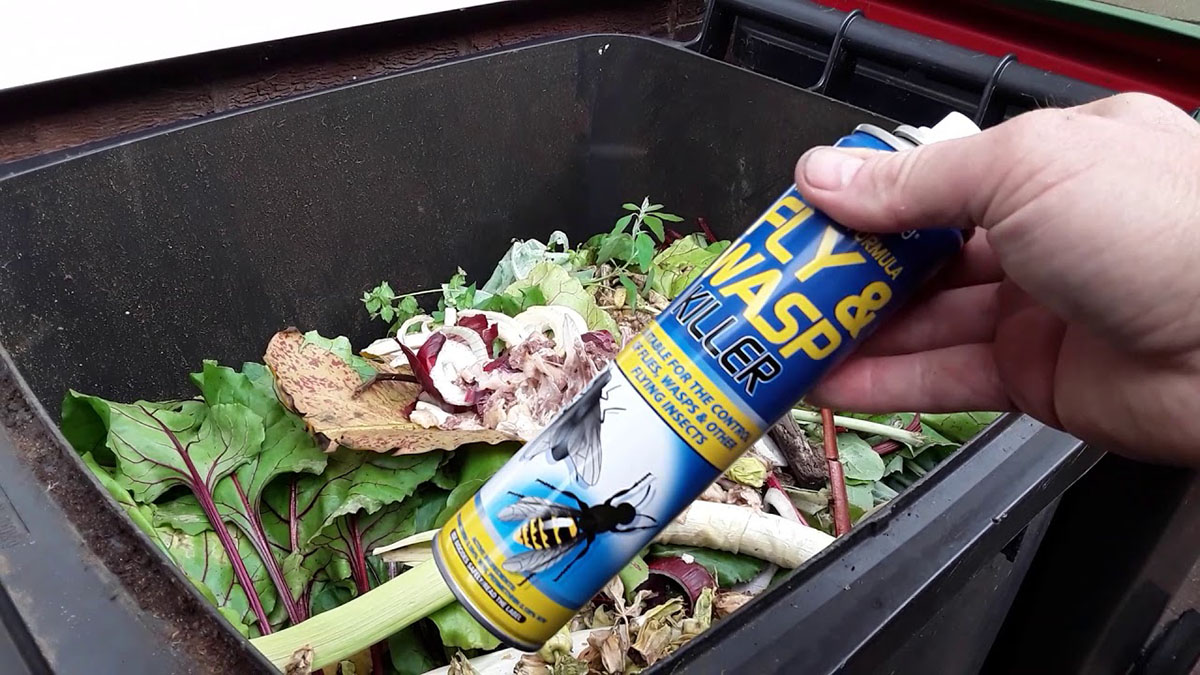
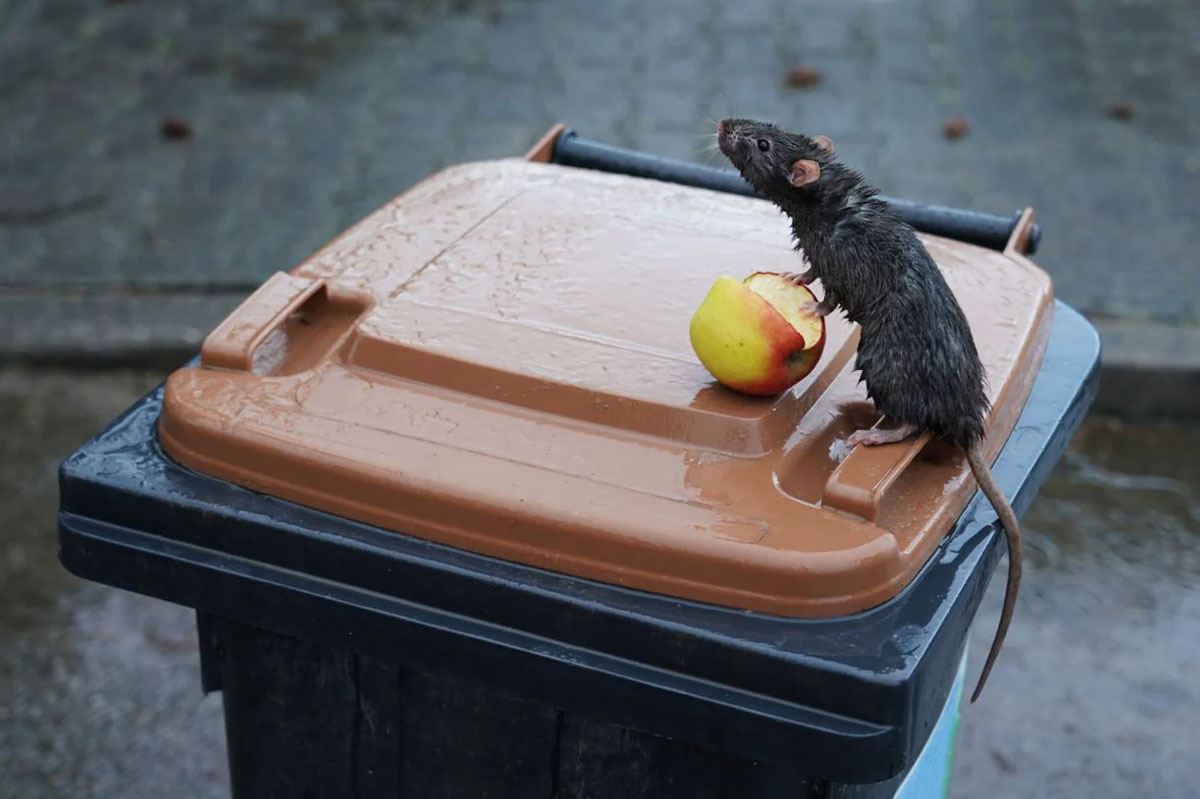
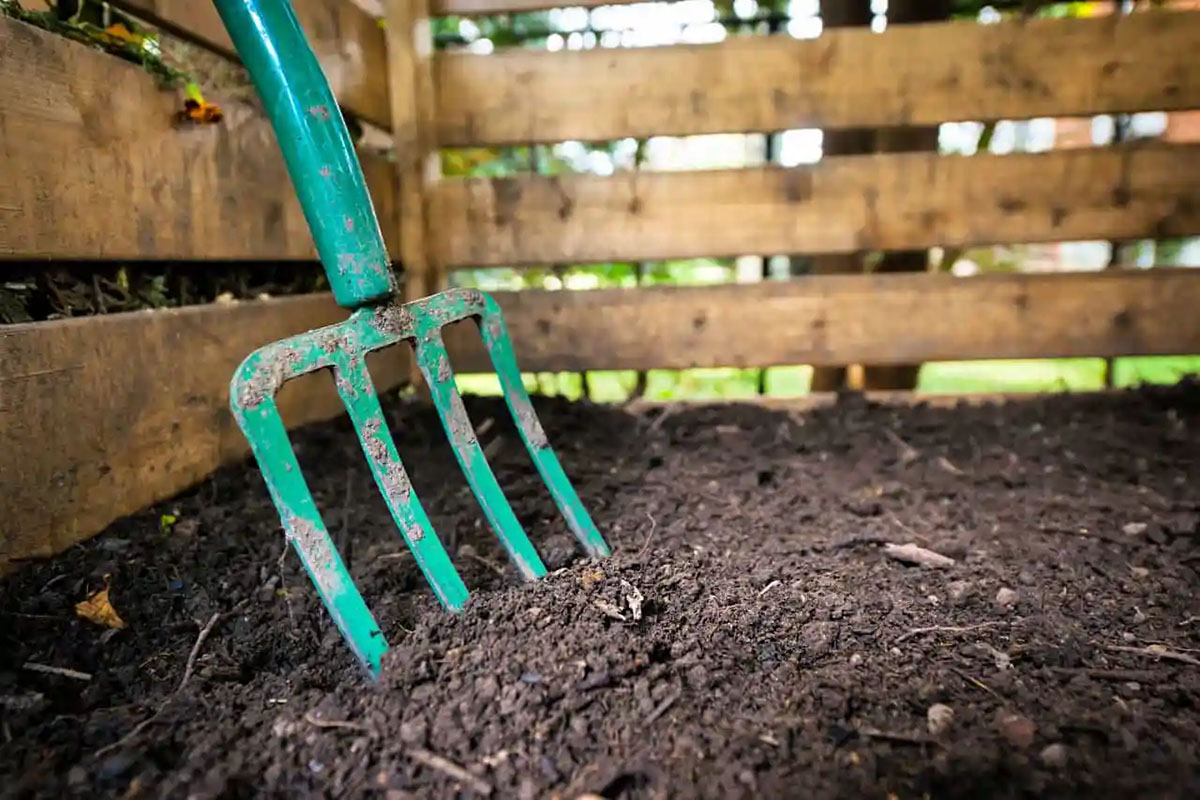

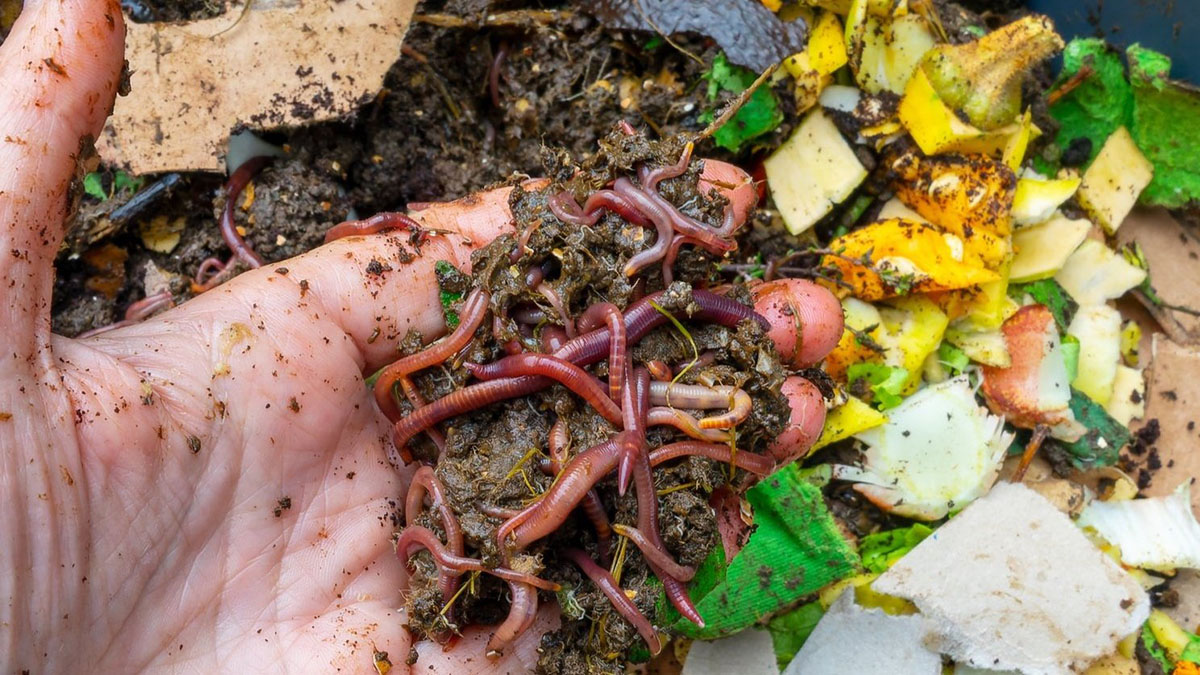
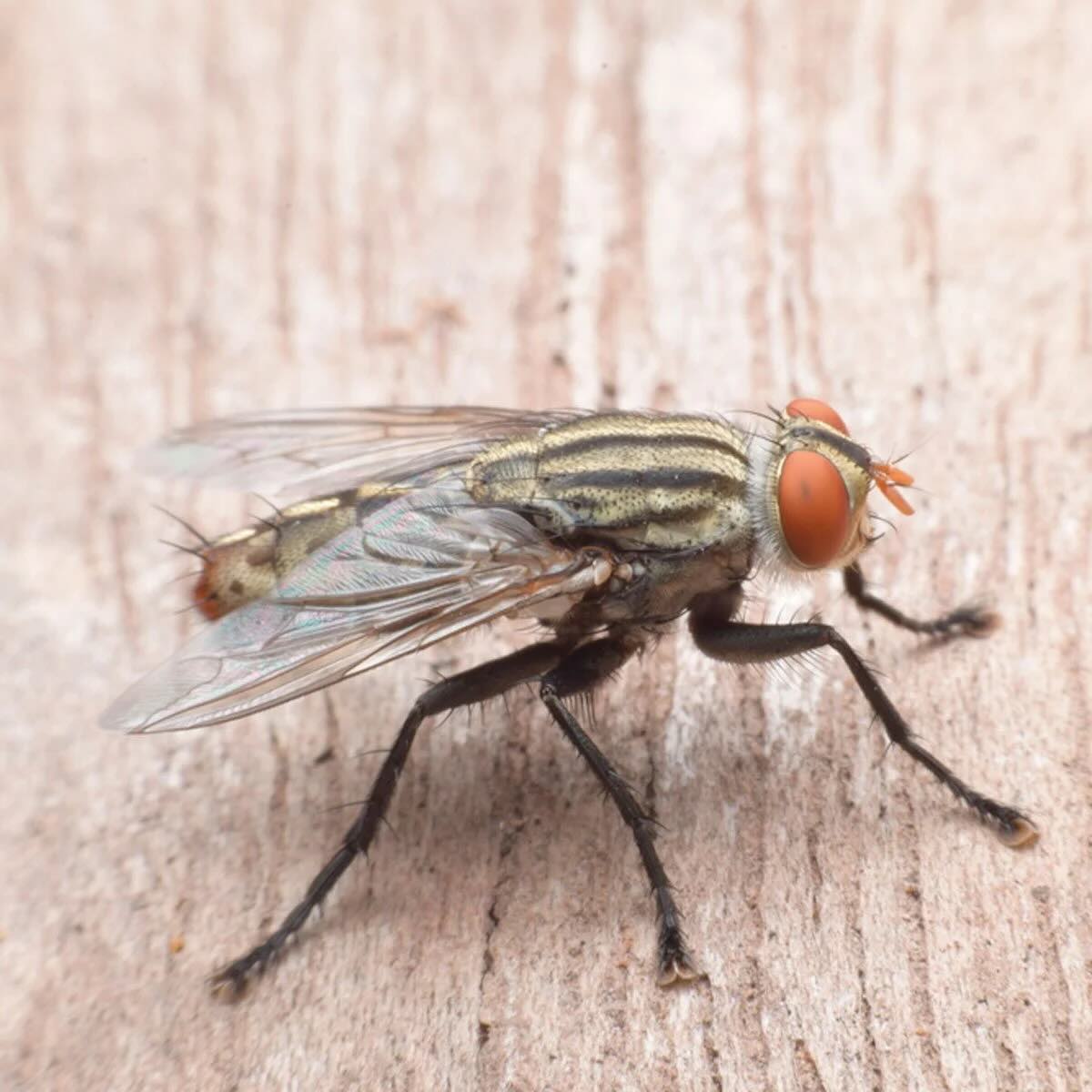
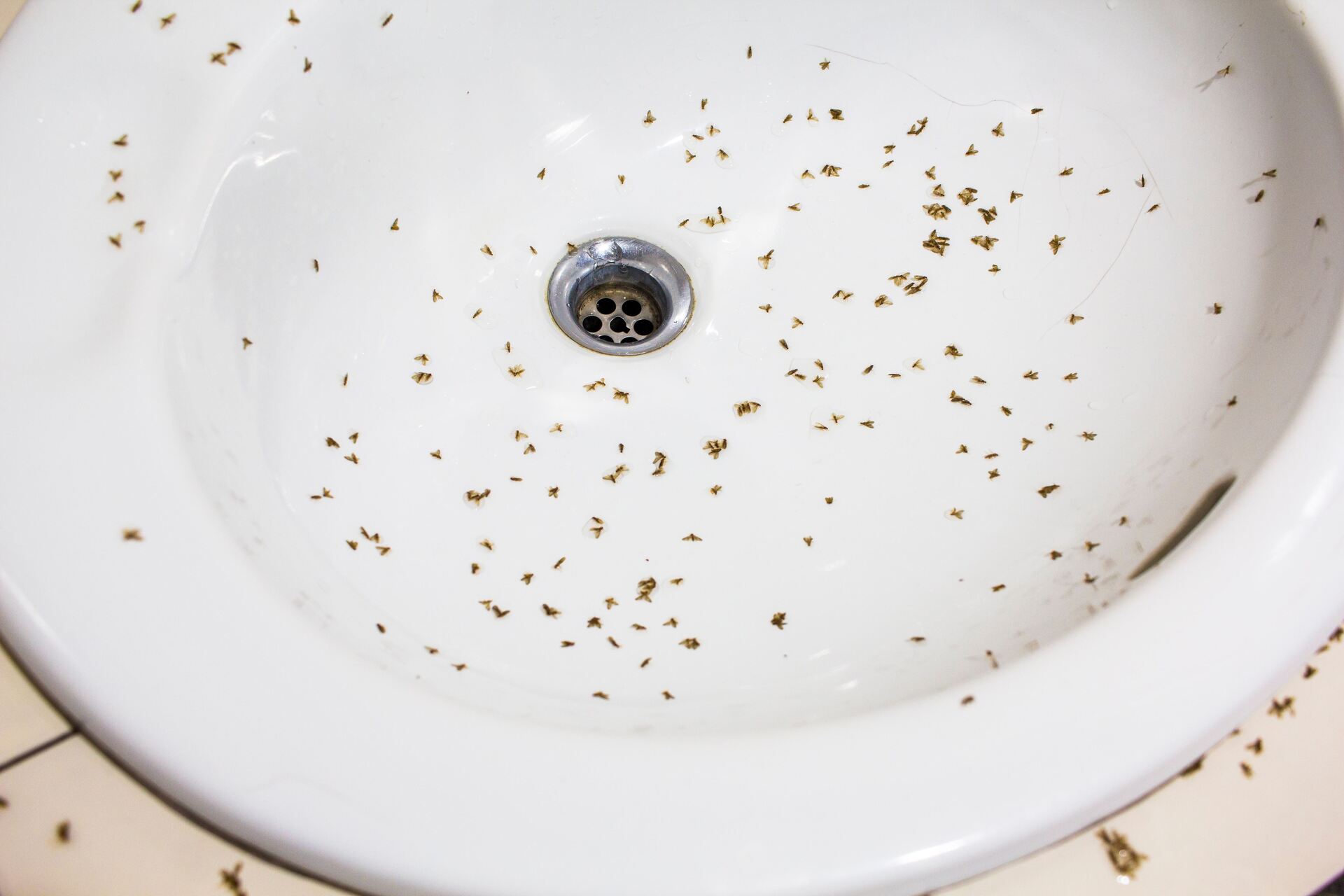
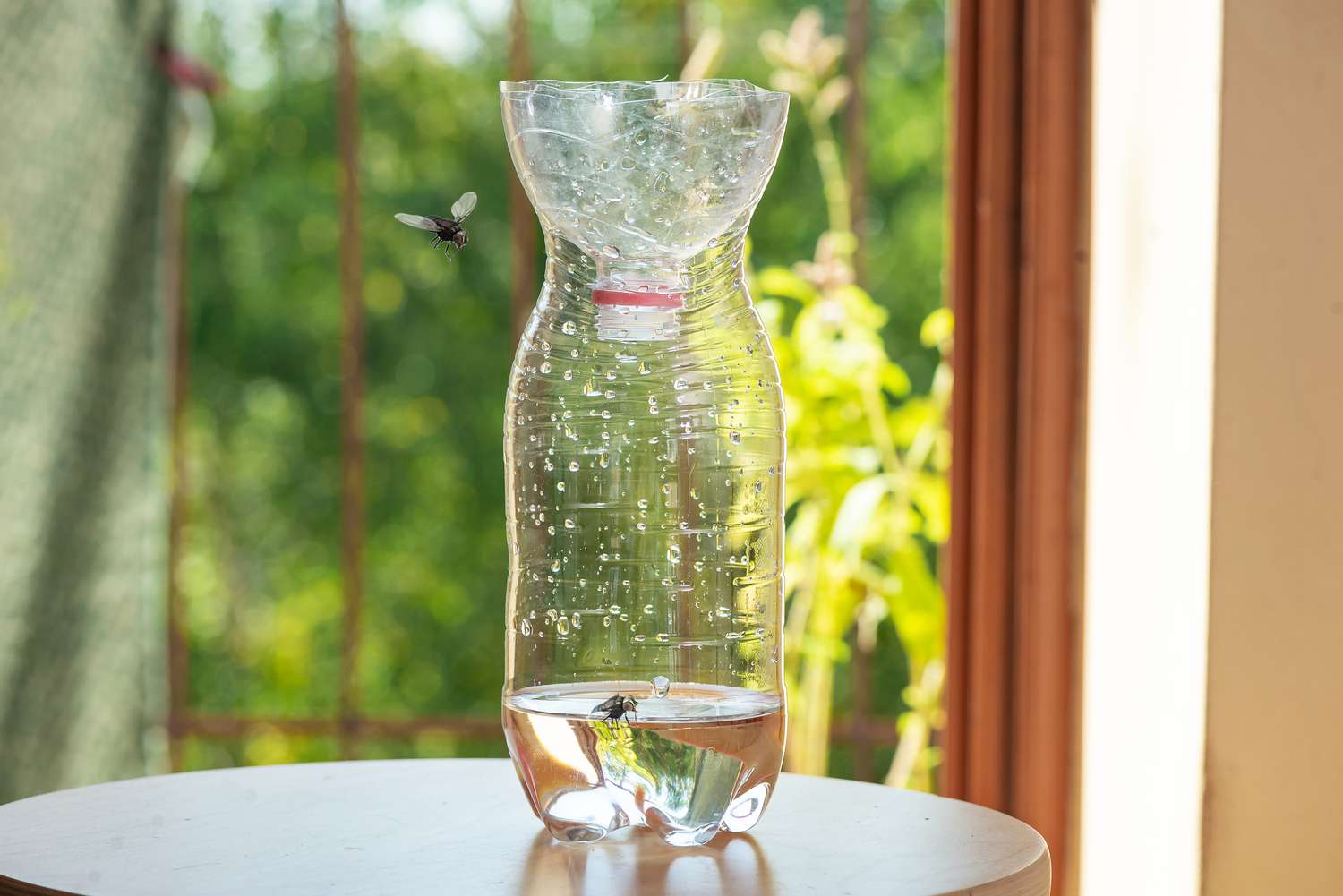
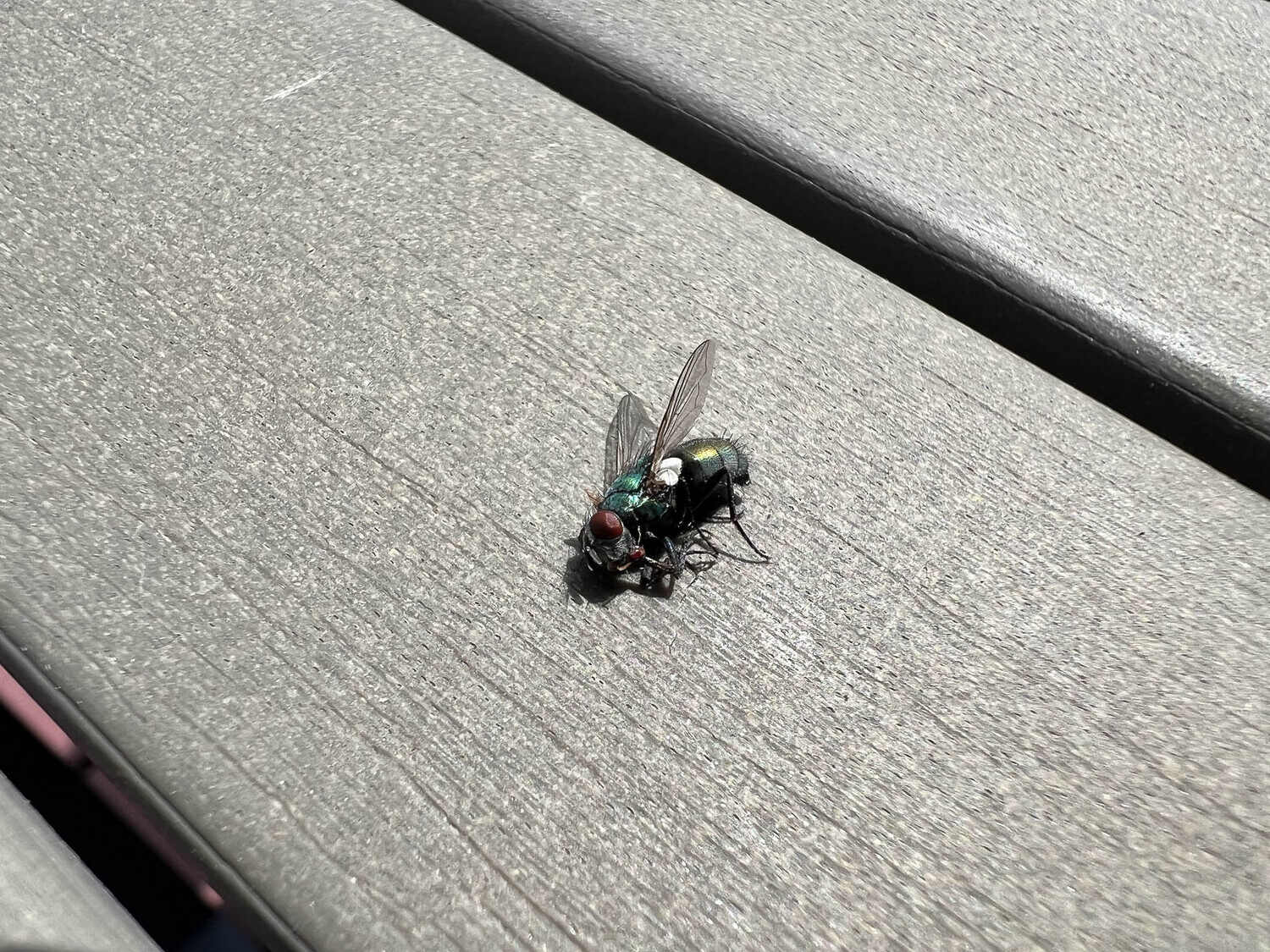
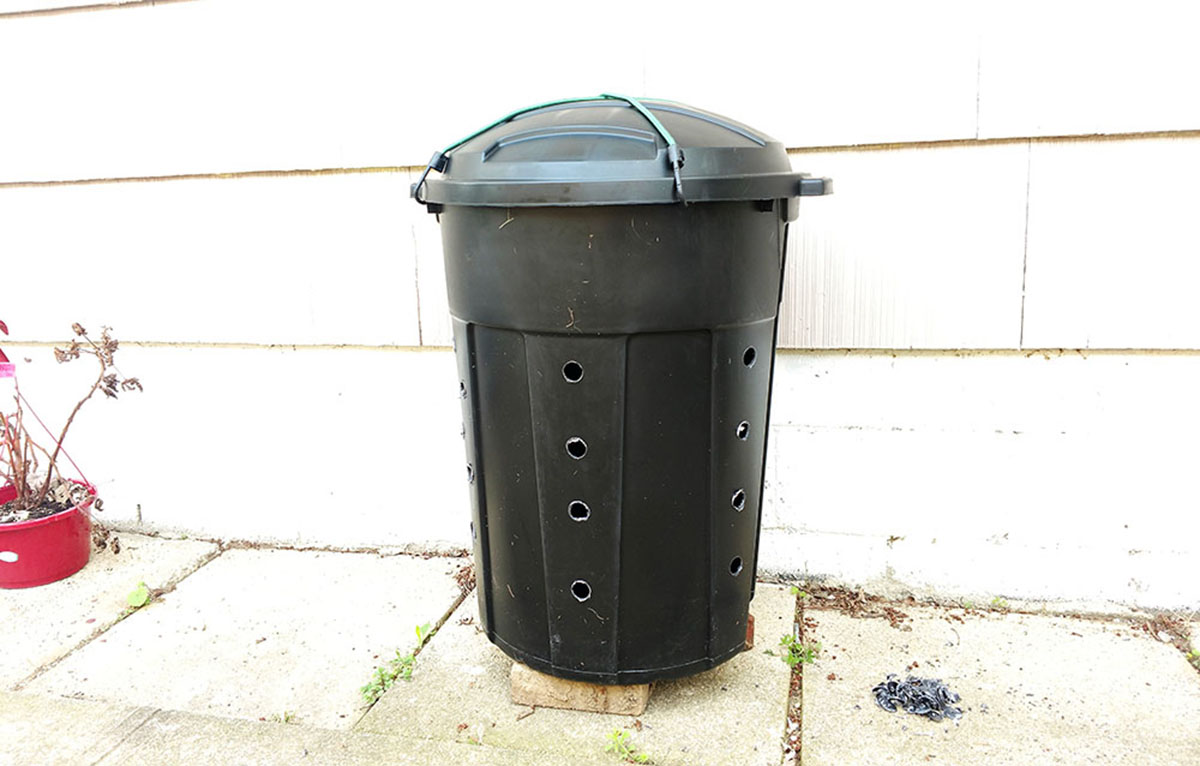
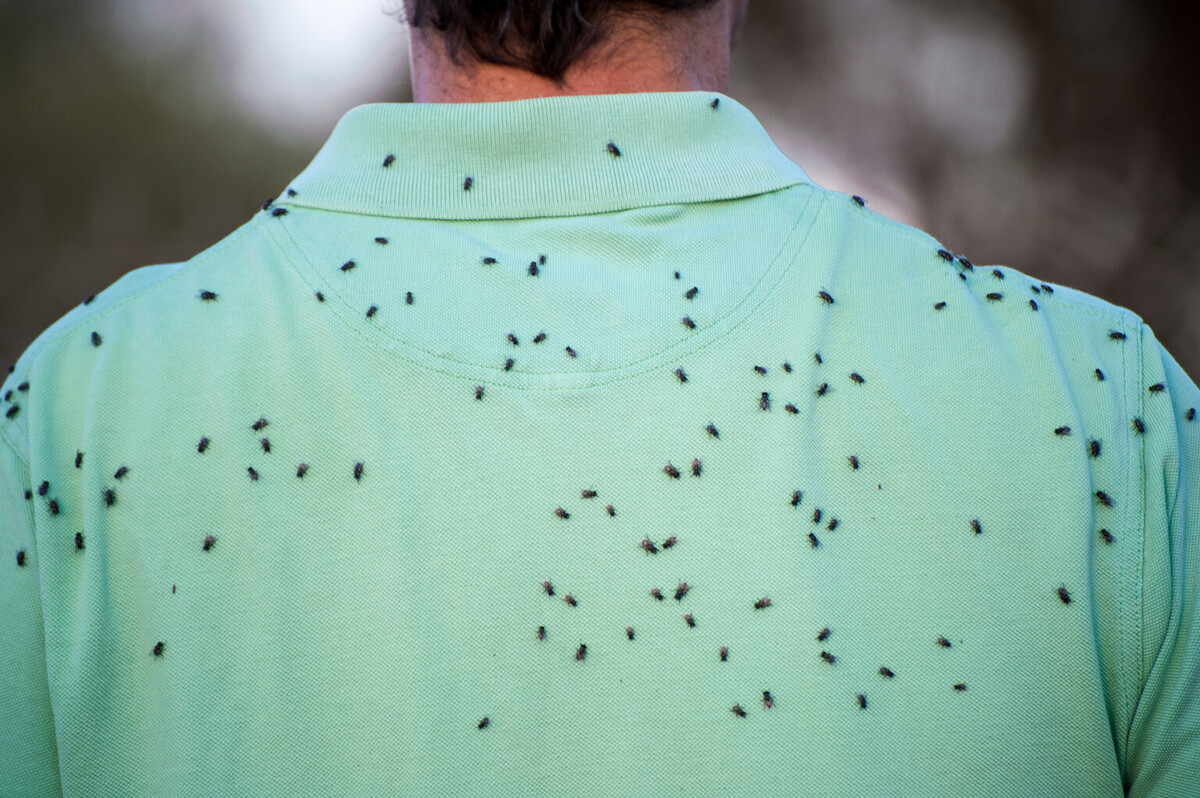
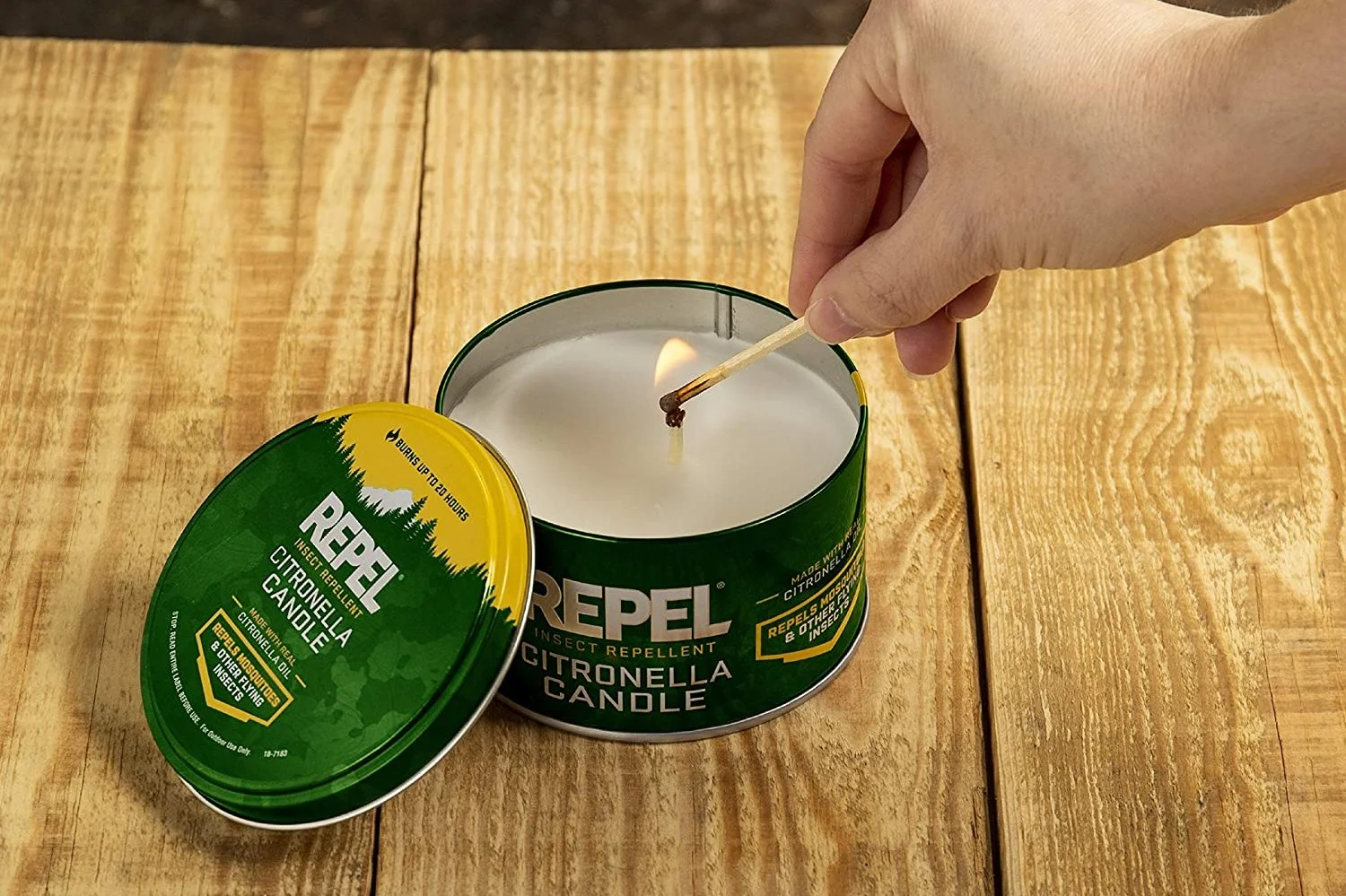
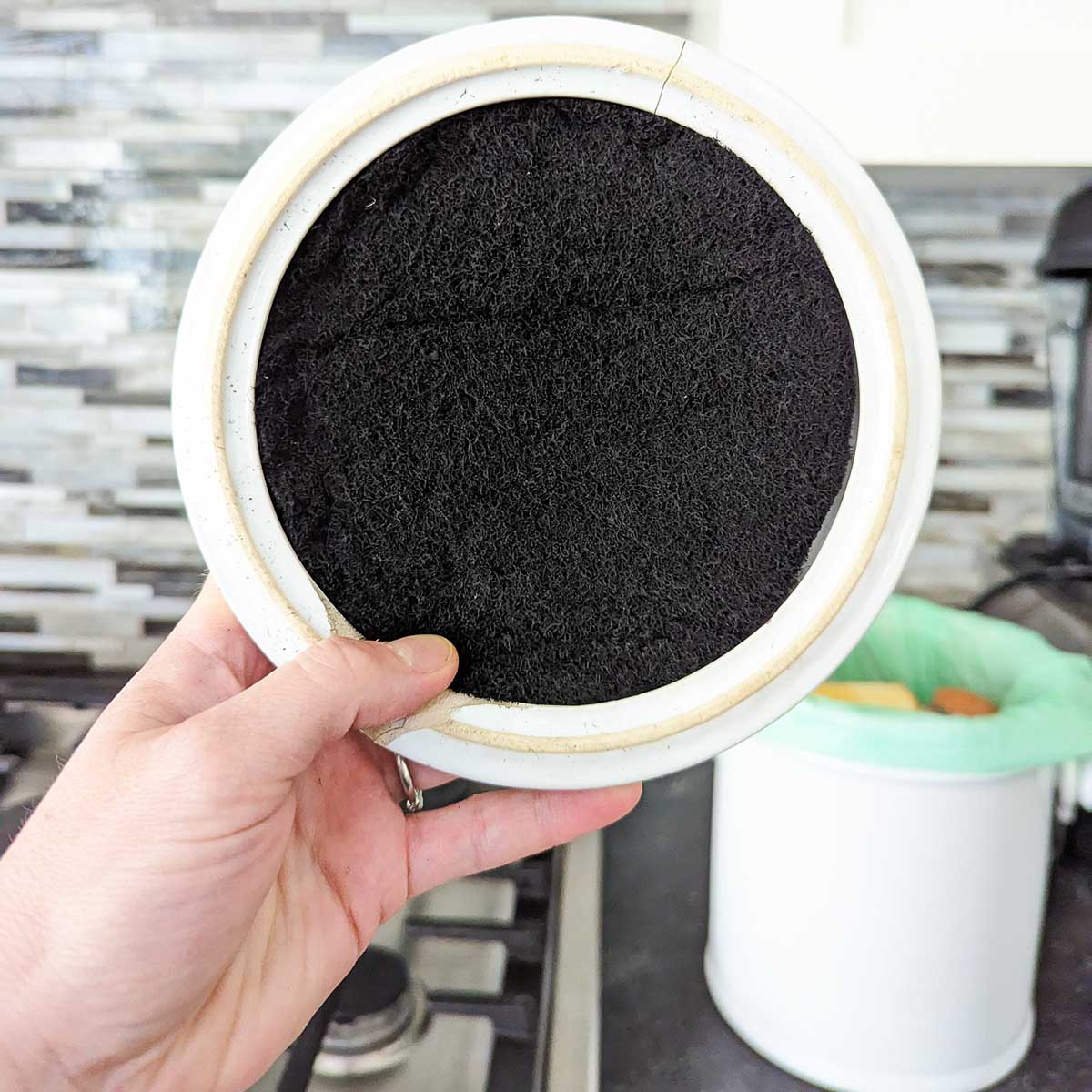
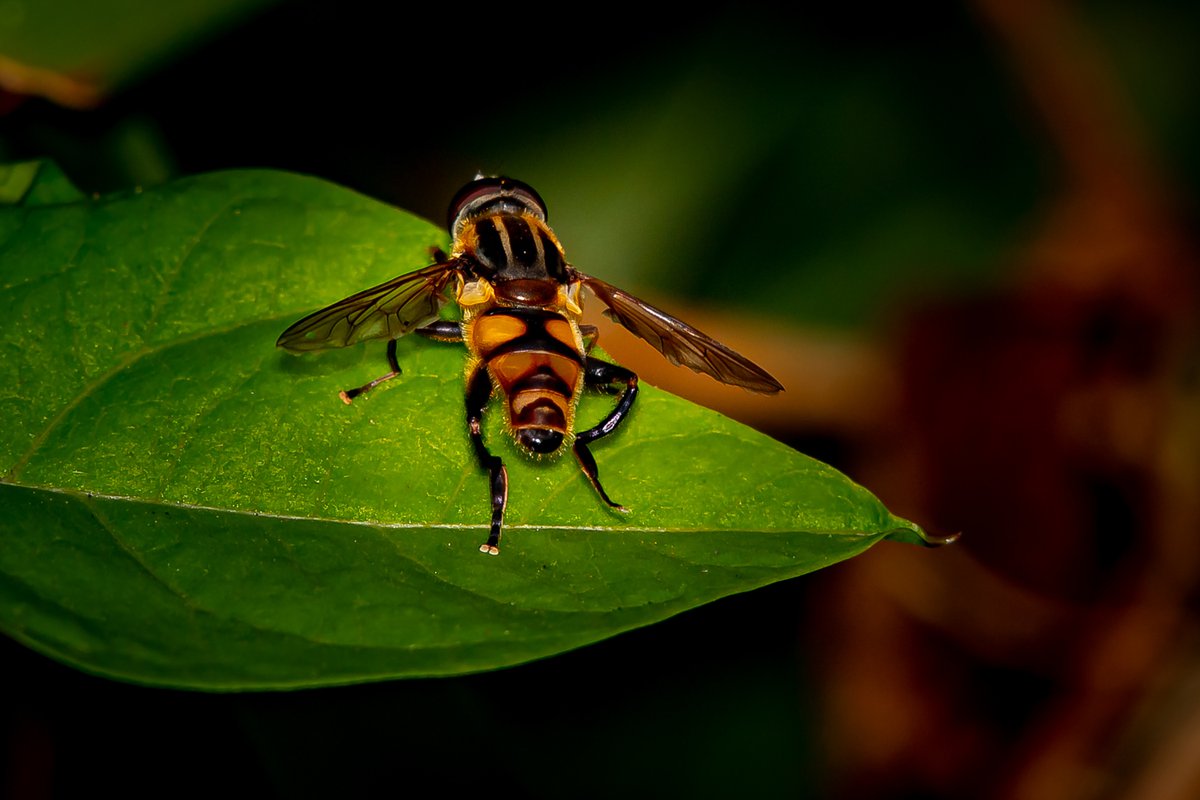
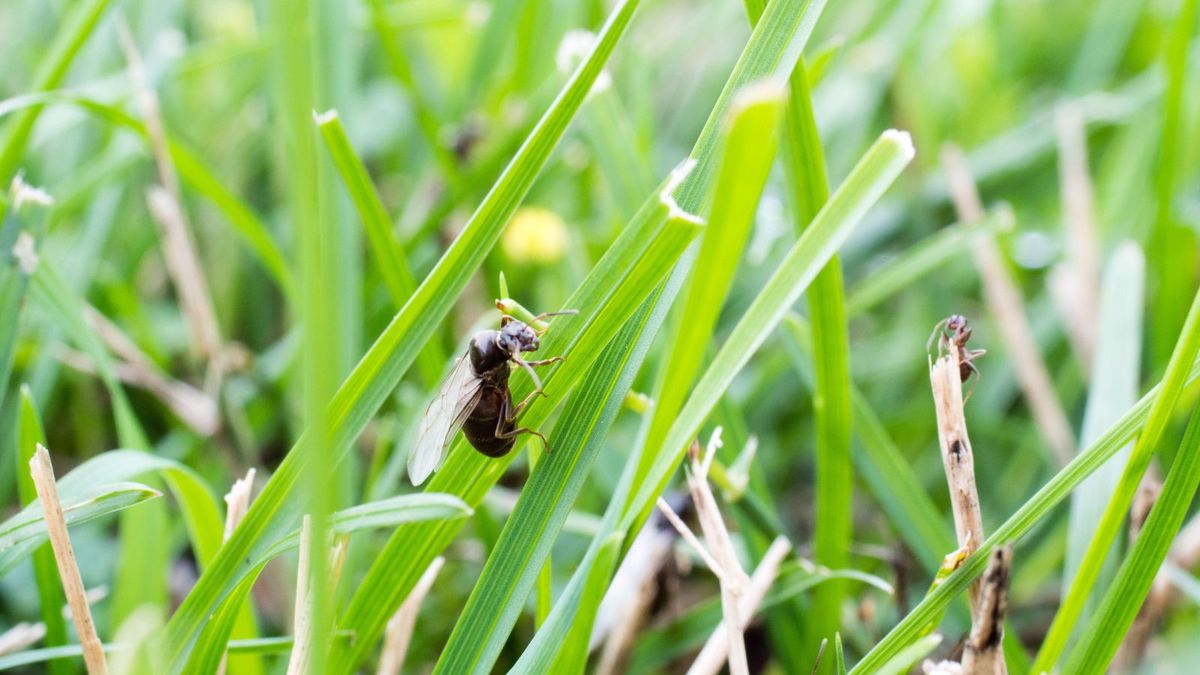

0 thoughts on “How To Get Rid Of Fruit Flies From A Compost Bin”